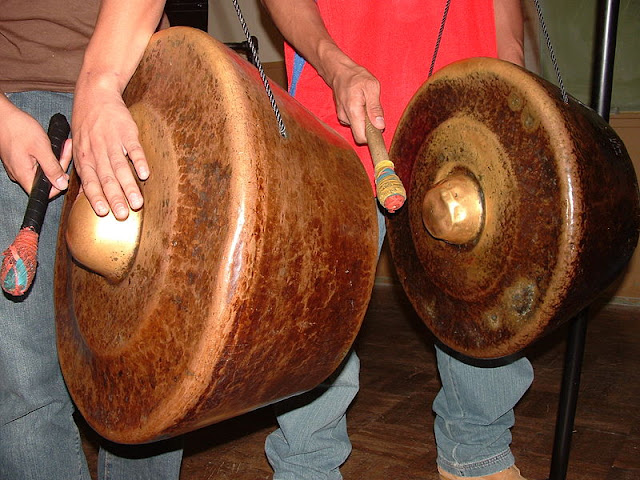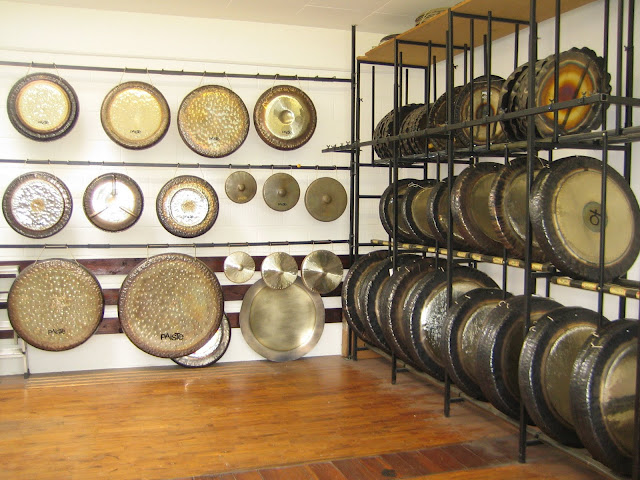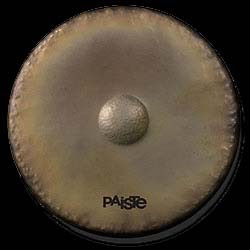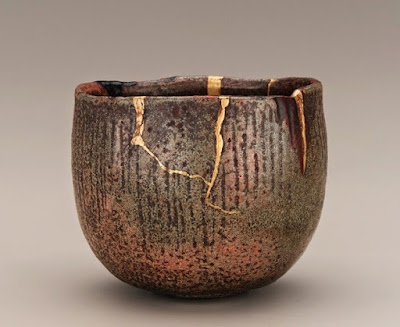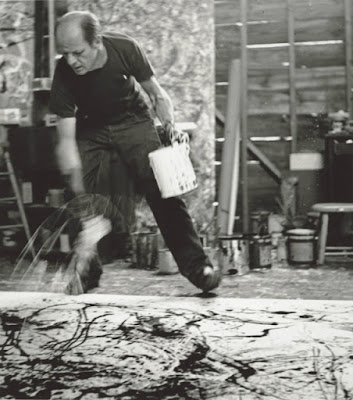The Importance of Ritual

ritual noun rit·u·al 1 : the established form for a ceremony; specifically : the order of words prescribed for a religious ceremony 2 a : ritual observance; specifically : a system of rites b : a ceremonial act or action c : an act or series of acts regularly repeated in a set precise manner (from Merriam-Webster) Ritual. We see them all around us, some conspicuous, some slightly obscured. We see them in our religions, in our businesses, in our clubs and sports. Some of us may even have rituals that we do. A good example of a ritual is in sports. A lot of athletes go through some sort of pre-game ritual. Maybe they listen to their favorite inspiring music, or meditate, or have talisman/lucky charms with them. They may get dressed in exactly the same way each time, for example, always put the left sock on first, ke...
